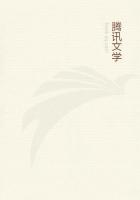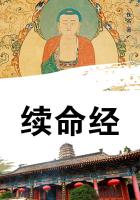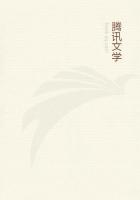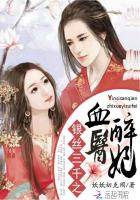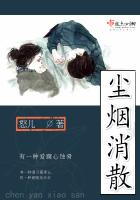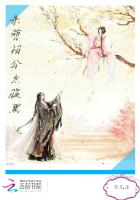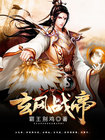Study the immigrant to the United States and his descendant, American born and bred. Compare Irishman and Irish-American, Russian Jew and his American-born descendant; compare Englishman and the Anglo-Saxon New England descendant. Here is a race, the Jew, which in the Ghetto and under circumstances that built up a tremendously powerful set of traditions and customs developed a very distinctive type of human being. Poor in physique, with little physical pugnacity, but worshiping, learning and reaching out for wealth and power in an unusually successful manner, the crucible of an adverse and hostile environment rendered him totally different in manners from his Gentile neighbors. With a high birth rate and an intensely close and pure family life, the Ghetto Jew lived and died shut off by the restrictions placed upon him and his own social heredity from the life of the country of his birth. Then came immigration to the United States through one cause or another,--and note the results.
With the old social heredity still at work, another set of customs, traditions and beliefs comes into open competition with it in the bosom of the American Jew. Nowhere is the struggle between the old and the new generations so intense as in the home of the Orthodox Jew. His descendant is clean-shaven and no longer observes (or observes only perfunctorily or with many a gross inconsistency) the dietary and household laws. He is a free spender and luxurious in his habits as compared with his economical, ascetic forefathers. He marries late and the birth rate drops with most astonishing rapidity, so that in one generation the children of parents who had eight or ten children have families of one or two or three children. He becomes a follower of sports, and with his love for scholarship still strong, as witness his production of scholars and scientists, the remarkable rise of the Jewish prize fighter stands out as a divergence from tradition that mocks at theories of inborn racial characters. And a third generation differs in customs, manners, ideals, purposes and physique but little from the social class of Americans in which the individual members move. The names become Anglicized; gone are the Abrahams and Isaacs and Jacobs, the Rachels and Leahs and Rebeccas, and in their place are Vernon, Mortimer, Winthrop, Alice, Helen and Elizabeth. And this change in name symbolizes the revolution in essential characters.
Has the racial stock changed in one generation or two? No. A new social heredity has overcome--or at least in part supplanted--an older social heredity and released and developed characters hitherto held in check. In every human being--and this is a theme we shall enlarge upon later--there are potential lines of development far outnumbering those that can be manifested, and each environment and tradition calls forth some and suppresses others. Every man is a garden planted with all kinds of seeds; tradition and teaching are the gardeners that allow only certain ones to come to bloom. In each age, each country and each family there is a different gardener at work, repressing certain trends in the individual, favoring and bringing to an exaggerated growth other trends.
That each family, or type of family, acts in this way is recognized in the value given to the home life. The home, because of its sequestration, allows for the growth of individual types better than would a community house where the same traditions and ideals governed the life of each child. In the home the parents seek to cultivate the specific type of character they favor. The home is par excellence the place where prejudice and social attitude are fostered. Though the mother and father seek to give broadmindedness and wide culture to the child, their efforts must largely be governed by their own attitudes and reactions,--in short, by their own character and the resultant examples and teaching. It is true that the native character of the child may make him resistant to the teachings of the parents or may even develop counter-prejudices, to react violently against the gardening. This is the case when the child is of an opposing temperament or when in the course of time he falls under the influence of ideals and traditions that are opposed to those of his home. Unless the home combines interest and *******, together with teaching, certain children become violent rebels, and, seeking ******* and interest outside of the home, find themselves in a conflict, both with their home teaching and the home teachers, that shakes the unity and the happiness of parent and child. Like all civil wars this war between new and old generations reaches great bitterness.
In studying the cases of several hundred delinquent girls, as a consultant to the Parole Department of Massachusetts, it was found that the family life of the girls could be classified in two ways. The majority of the girls that reached the Reformatory came from bad homes,--homes in which drunkenness, prostitution, feeble-mindedness, and insanity were common traits of the parents. Or else the girls were orphans brought up by a stepmother or some careless foster mother. In any case, through either example, cruelty or neglect, they drifted into the streets.
And the streets! Only the poor child (or the child brought up over strictly) can know the lure of the streets. THERE is excitement, THERE is ******* from prohibitions and inhibitions.
So the boy or girl finds a world without discipline, is without the restraints imposed on the *** instincts and comes under the influence of derelicts, ***-adventurers, thieves, vagabonds and the aimless of all sorts. Into this university of the vices most of the girls I am speaking of drifted, largely because the home influence either was of the street type or had no advantages to offer in competition with the street.

